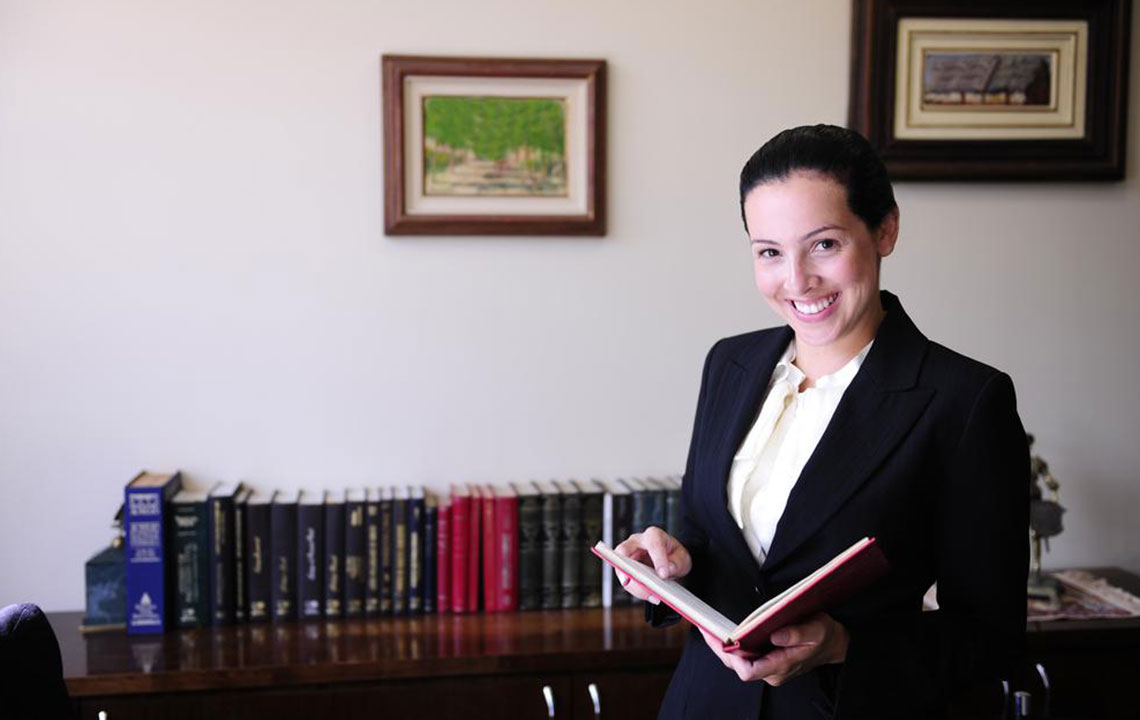This is what a civil litigation lawyer does
A civil litigation lawyer is a trial lawyer representing plaintiffs and defendants in a lawsuit. These lawyers manage phases of litigation. Litigation is the process of taking a legal action against a criminal offense. They do this using evidence and investigation based on pre-trial, trial, settlements, and appealing processes.
The nature of the task varies on the dispute, the experience of the lawyer, and whether they are representing a plaintiff or a defendant.

Education and training of a civil litigation lawyer
To become a civil litigation lawyer, a person must complete their Juris Doctor degree from a law school accredited by the American Bar Association. The path to doctorate is achieved through a four-year degree in addition to three additional years in a law school. The attorneys must then pass the bar exam to be admitted to the bar council of a state in which they wish to practice.
Case proceedings by a civil litigation lawyer
The lawyer goes through a set of procedures mentioned below:
- Initial case investment and assessment
This requires the lawyer to find enough evidence to file a lawsuit when appointed by a plaintiff. If appointed by a defendant, these lawyers will assess evidence to defend the existing suit against their client.
This phase also involves lawyers from both the sides to engage in a pre-litigation settlement discussion to resolve the issue before the lawsuit is actually filed.
- Drafting pleading
In this case, the plaintiff civil litigation lawyer will draft and file a summon or a complaint to initiate the lawsuit. The defendant will draft answers and counterclaims against the lawsuit or the initial complaint. This will further involve the exchange of all the relevant information against both the parties through interrogatories. - Pre-trial tasks and the appeal process
This is to wrap up the drafting procedure and interrogations and prepare for court. The lawyers from both the sides will then work with clients, retain expert witnesses to develop trial strategies based on the gathered facts and evidence.
In the appeal process, the lawyers and their clients must present the evidence as to why the trial court’s decision is wrong and if they can gather further evidence to challenge the post-trial motions.